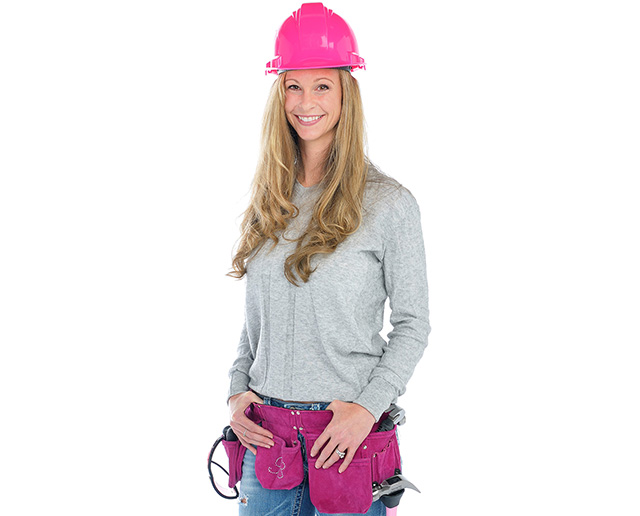If you’re like most homeowners, you won’t be using your air conditioner during the winter months. However, unlike other items that sit unused during the cold season, you don’t have to take any special steps to protect a condenser unit from the elements.
Covered Units Can Attract Rodents and Other Pests
It isn’t uncommon for mice, rats, or other pests to see a covered condenser unit as the perfect place to hunker down for the winter. This is because it offers protection from predators as well as from cold temperatures.
The Unit Can Handle Moisture and Cold Temperatures
Generally speaking, a condenser unit won’t be damaged by exposure to cold temperatures, snow, or sleet. Covering this item might increase the risk of corrosion or rust damage. This is because it will create a bubble of moist air that will linger around it for several weeks or months at a time.
Condenser Units Might Need Protection from Major Weather Events
If a major snow or ice storm is in the forecast, it may be a good idea to take steps to protect outdoor cooling system components. This is because they can be physically damaged by ice or sleet falling from the sky. Furthermore, they can be damaged by falling tree branches that can’t take the weight of the snow or ice that has accumulated on them.
The folks at Mountain View Heating in Bend OR can inspect cooling system components before or after a major storm to ensure that they are in good condition. A technician may also be able to perform routine inspections throughout the year as needed. As a general rule, you should have both heating and cooling components inspected at least once a year.
If you are looking to prevent damage to outdoor HVAC components, give us a call right away! We can also install or clean your home’s ducts or perform indoor air quality y assessments in a timely and friendly manner.
